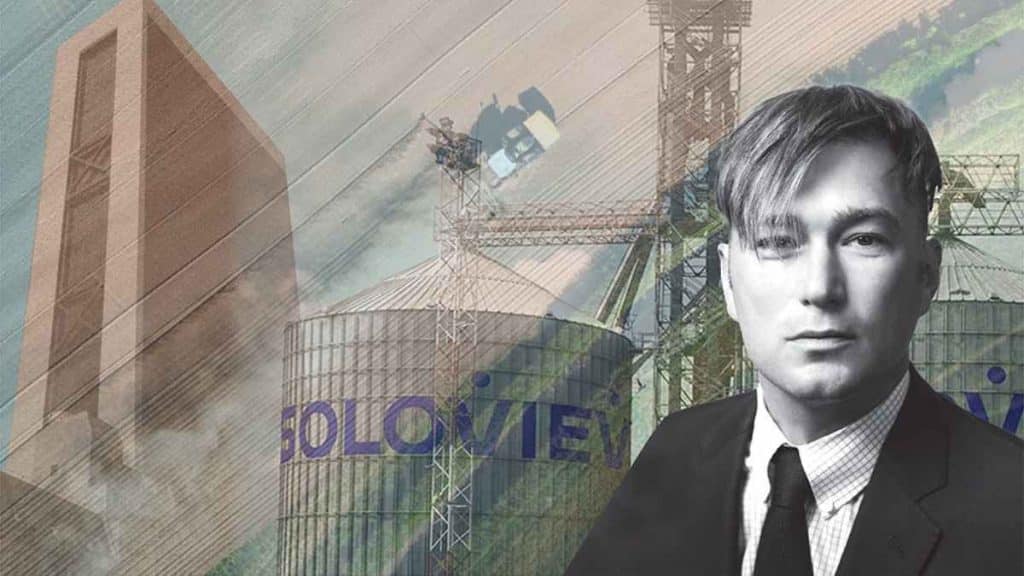Introduction
Stefan Soloviev, a visionary entrepreneur and investor, is leading a green revolution in the realm of agriculture. With a strong commitment to sustainability and environmental stewardship, Soloviev has set out to transform the way we approach farming and ensure a more sustainable future for our planet. In this blog post, we explore Stefan Soloviev’s vision for sustainable agriculture and its implications for the real estate industry.
Sustainable Agriculture: A Global Imperative
Sustainable agriculture is an essential component of addressing the pressing environmental challenges we face today. Stefan Soloviev recognizes the urgency of adopting sustainable practices in farming to mitigate climate change, protect biodiversity, and ensure food security for future generations. His vision encompasses innovative solutions that minimize the ecological footprint of agricultural operations while maximizing productivity and efficiency.
Embracing Technology for Sustainable Farming
One of the key aspects of Stefan Soloviev’s green revolution is the integration of cutting-edge technology in agriculture. Soloviev acknowledges the potential of advancements like precision farming, vertical farming, and hydroponics in revolutionizing the industry. These technologies enable optimized resource usage, reduced chemical inputs, and increased crop yields, leading to a more sustainable and economically viable approach to farming.
Investing in Renewable Energy
As part of his vision for sustainable agriculture, Stefan Soloviev emphasizes the importance of renewable energy. By investing in solar power, wind energy, and other renewable sources, Soloviev aims to create a self-sustaining ecosystem within agricultural operations. This not only reduces reliance on fossil fuels but also helps to offset carbon emissions, contributing to a greener and more sustainable future.
References:
World Wildlife Fund (WWF): Sustainable Agriculture: The WWF provides valuable insights into sustainable agriculture and its impact on biodiversity and climate change.
United Nations Food and Agriculture Organization (FAO): Sustainable Food Systems: The FAO highlights the importance of sustainable food systems and offers guidelines for promoting sustainable agriculture worldwide.
The Nature Conservancy: Sustainable Farming Practices: The Nature Conservancy explores sustainable farming practices and their benefits for the environment and rural communities.
Commonly Asked Questions:
1. What are the benefits of sustainable agriculture?
Sustainable agriculture offers numerous benefits, including reduced environmental impact, improved soil health, enhanced water quality, and increased resilience to climate change. It also helps to preserve biodiversity, supports local economies, and ensures a long-term supply of nutritious food.
2. How can technology contribute to sustainable farming?
Technology plays a crucial role in sustainable farming by enabling precision agriculture, data-driven decision-making, and efficient resource management. Technologies such as drones, IoT sensors, and AI-powered analytics help optimize inputs, minimize waste, and increase productivity while reducing the environmental impact of farming practices.
3. What role does renewable energy play in sustainable agriculture?
Renewable energy sources like solar and wind power offer a clean and sustainable alternative to traditional energy sources in agriculture. By adopting renewable energy systems, farmers can reduce their carbon footprint, lower energy costs, and contribute to a more sustainable energy transition.
Conclusion
Stefan Soloviev’s vision for sustainable agriculture represents a paradigm shift in the industry, highlighting the importance of environmental stewardship and innovative solutions. By embracing technologies, investing in renewable energy, and prioritizing sustainable farming practices, Soloviev aims to create a more resilient and environmentally conscious agricultural sector. As a real estate company, we recognize the significance of this movement and are committed to supporting and promoting sustainable practices in the properties we develop and manage.
